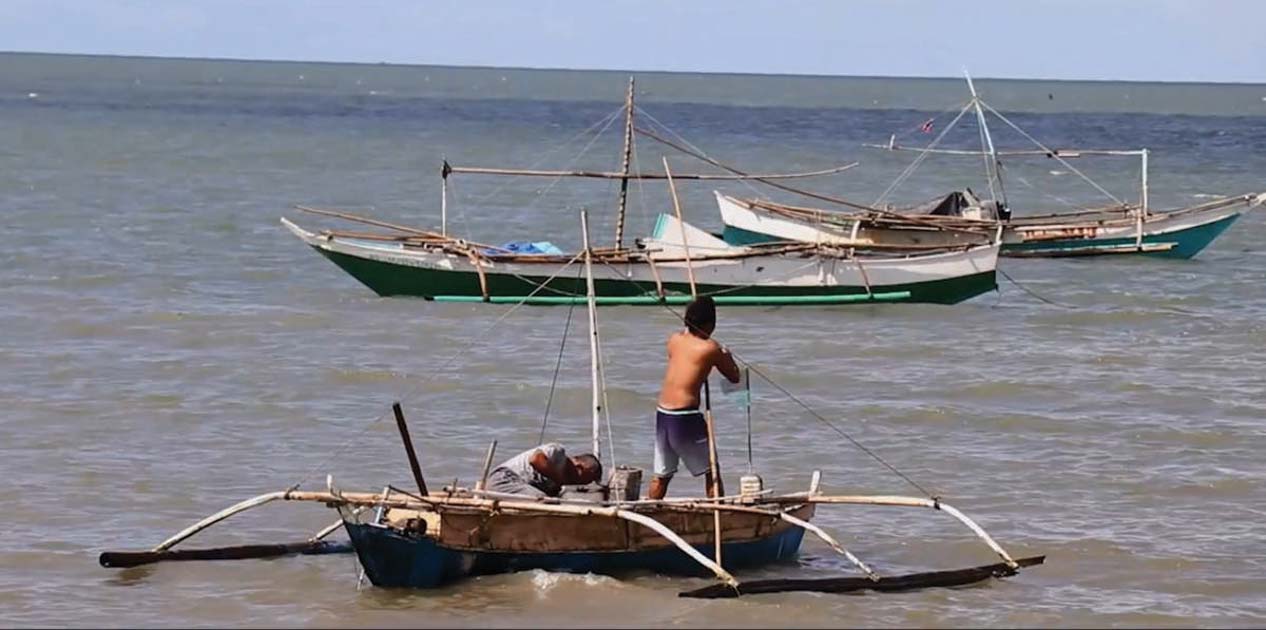
By JEN BAYLON
In a move aimed at protecting marine biodiversity and promoting sustainable fishing practices, the Bureau of Fisheries and Aquatic Resources (BFAR) has announced a three-month closed fishing season in the Visayan Sea starting Friday, November 15.
The ban prohibits the capture of fish, such as fimbriated sardines (tabagak, Ramban, tuloy), Bali sardines (awol-awol, Ramban), short-bodied mackerel (hasa-hasa, Guma-a), and Indian mackerel (alumahan, pulao).
“The closed season gives these fish a chance to breed and increase their population, so we have enough supply for the coming years,” BFAR said.
“This initiative is a vital part of our commitment to sustainable fisheries and the well-being of our coastal communities,” it added.
The affected areas span the coastlines of Negros Occidental cities of Escalante, Cadiz, Sagay, and Victorias, as well as the municipalities of Manapla and E.B. Magalona.
The program, known locally as “Pahuway sang Baybay,” reflects BFAR’s commitment to sustainable fisheries management, helping safeguard the livelihoods of local fishermen and ensuring a stable supply of these fish in the future.
Many small-scale and commercial fishermen depend on these waters for their livelihood, making the closed season a challenging period.
To address this, BFAR and partner agencies have programs to provide support and alternative livelihood options for local fishermen affected by the temporary ban.
BFAR has issued a strong warning that violators of the fishing ban will face severe penalties.
For individual offenders, penalties include imprisonment ranging from six months to six years, a fine of P6,000, and the confiscation of any fish caught illegally.
For commercial fishing vessels, fines vary based on vessel size, from P100,000 to P500,000, alongside possible jail time.
BFAR emphasizes that the closed season is essential to ensure the survival and growth of fish populations in the Visayan Sea, one of the Philippines’ richest marine ecosystems.
The goal is to promote a sustainable environment where fish stocks can thrive, supporting not only ecological balance, but also the long-term economic stability of the fishing industry.
BFAR is also looking into additional measures that could enhance the country’s fishery resources, including establishing more marine protected areas, strengthening anti-illegal fishing efforts, and implementing livelihood programs that reduce reliance on overfished stocks.
As the fishing community prepares for the implementation of the closed season, BFAR urges all stakeholders to cooperate and adhere to the regulations./JB, WDJ

